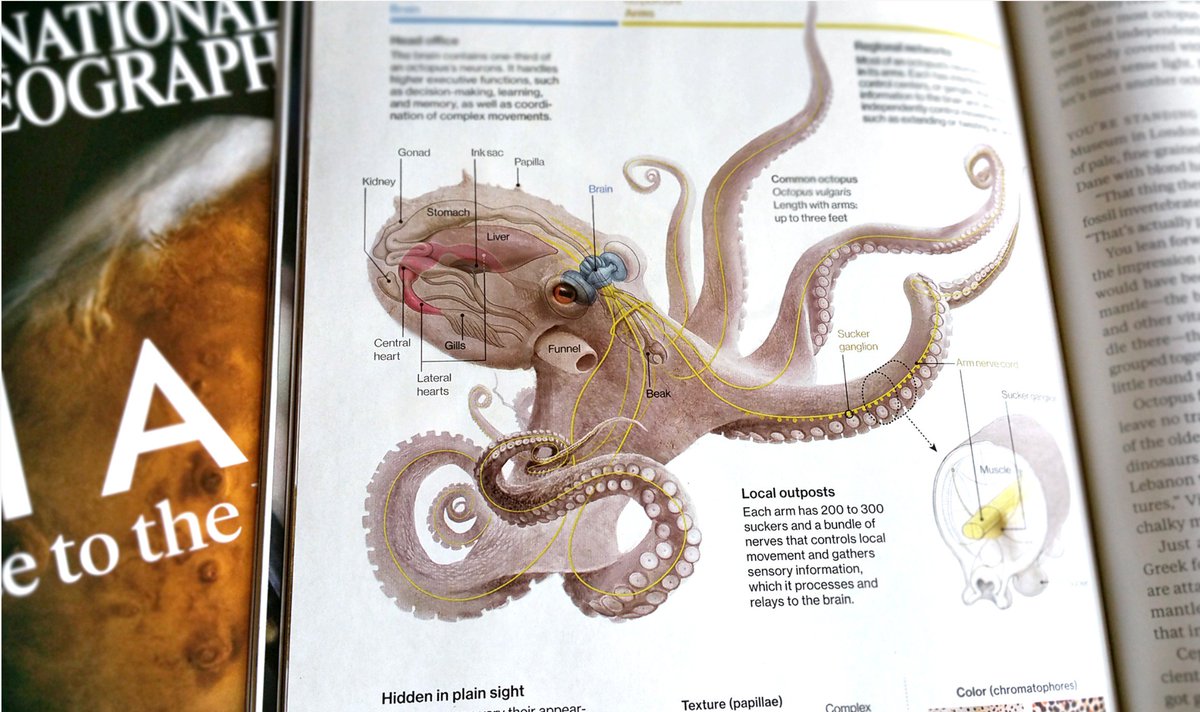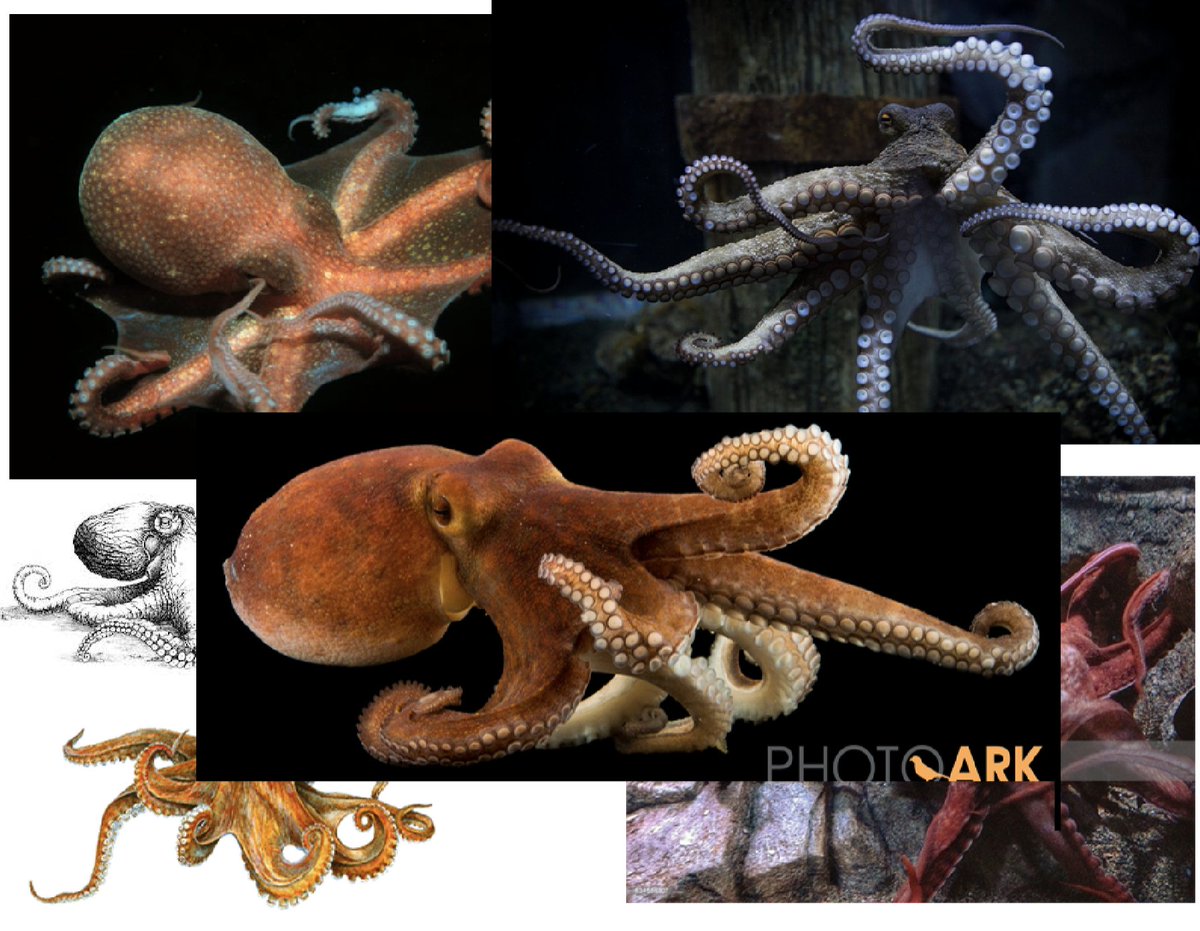Earlier, the subject of correcting child #language came up. That's a perfect segue to patterns of #acquisition for kids & adults
Both groups of learners will tend to go thru predictable patterns of errors and stages, regardless of language. Let's discuss some examples
Both groups of learners will tend to go thru predictable patterns of errors and stages, regardless of language. Let's discuss some examples
U-shaped behavior: this is when someone gets super good at something, gets worse for awhile, then improves again
#languageteachers see this a lot and it's frustrating when you think, wait, "Student X just used the past tense perfectly all quarter! What are they doing now?!"
#languageteachers see this a lot and it's frustrating when you think, wait, "Student X just used the past tense perfectly all quarter! What are they doing now?!"
Overapplication: Maybe your kid or student learned how to form plurals! Except now, everything is marked (or double marked) for plural and you may hear things like gooses, dogses, rices, etc
Predictable stages and errors: nearly all #languageleaners go thru these (and other) stages naturally. Correction only does so much & teaching only does so much too.
So? Be patient with your kids & students (or yourself!) and know that it's all part of their development
So? Be patient with your kids & students (or yourself!) and know that it's all part of their development
• • •
Missing some Tweet in this thread? You can try to
force a refresh











